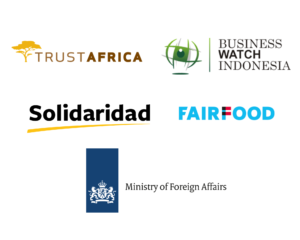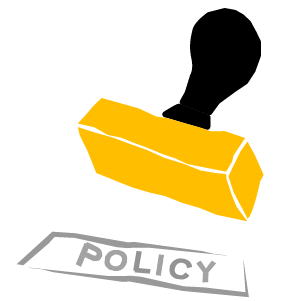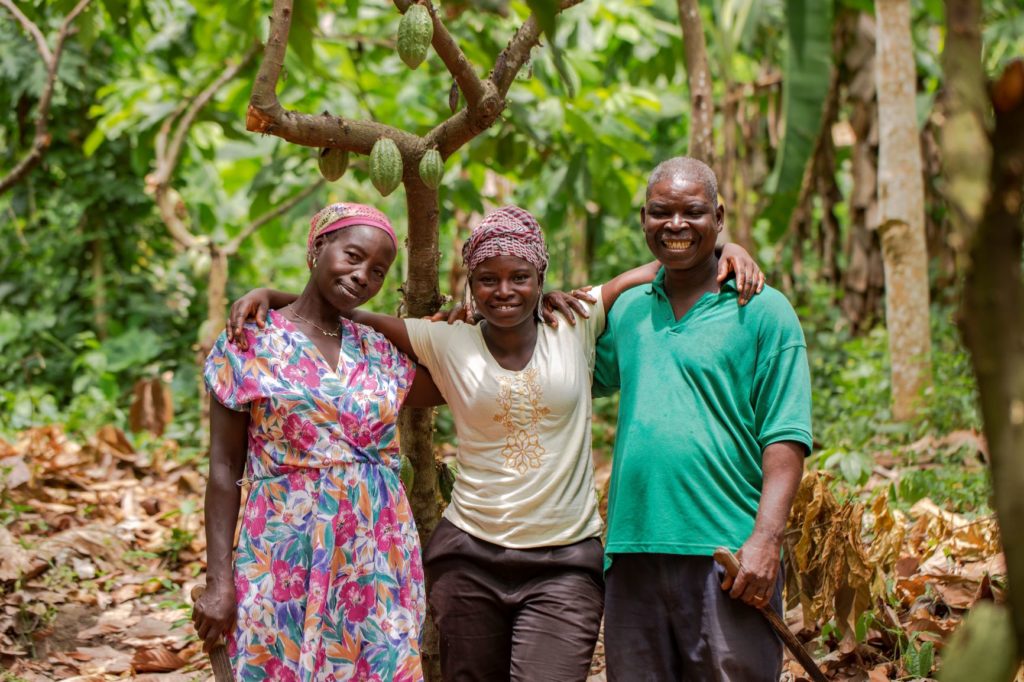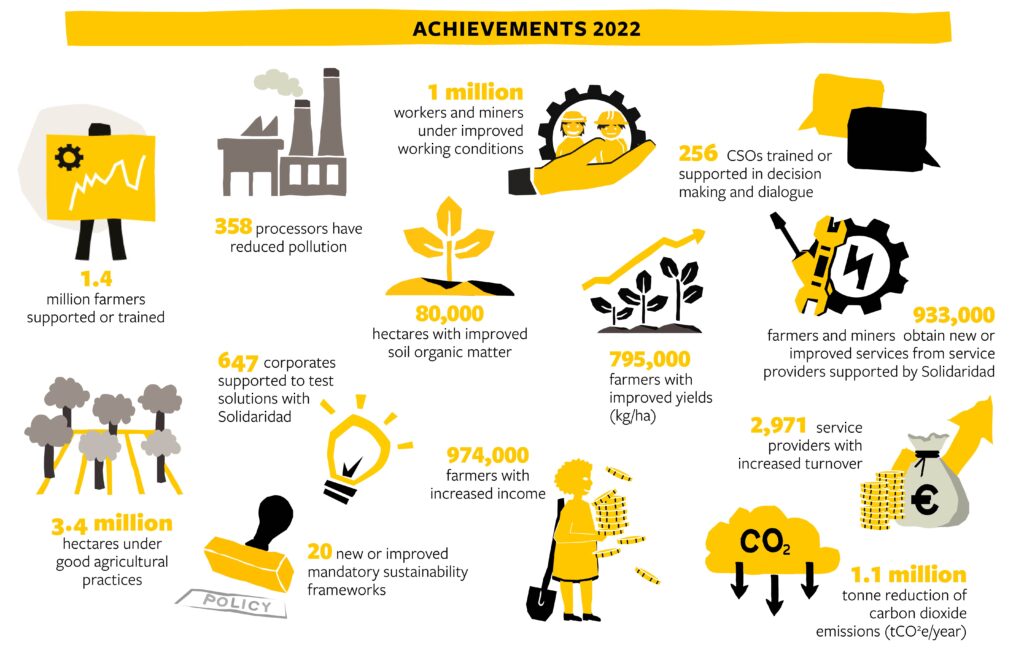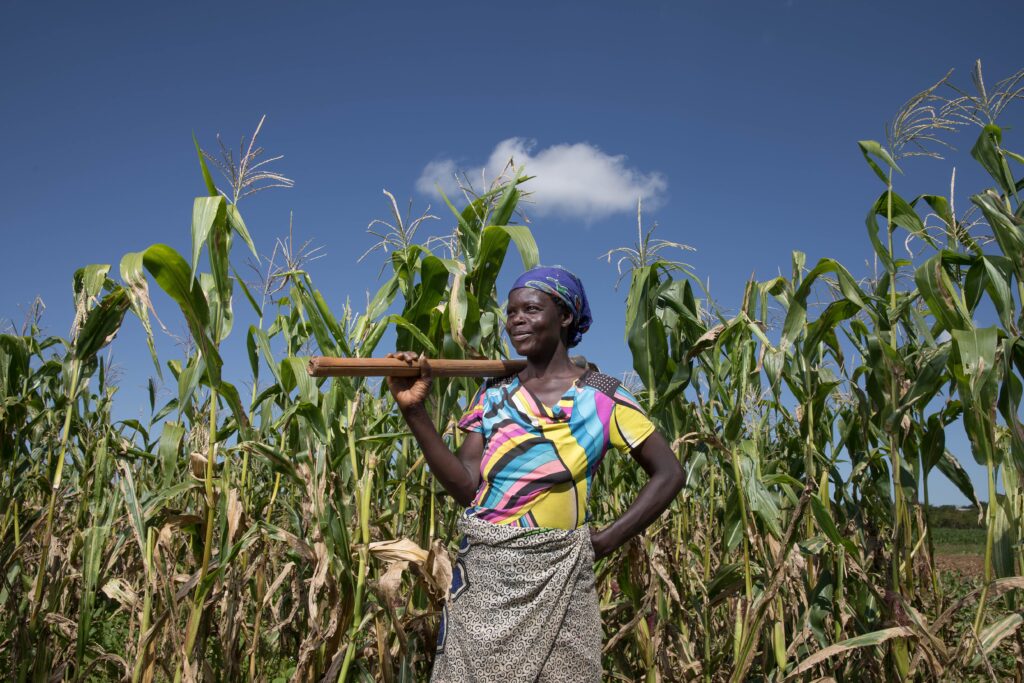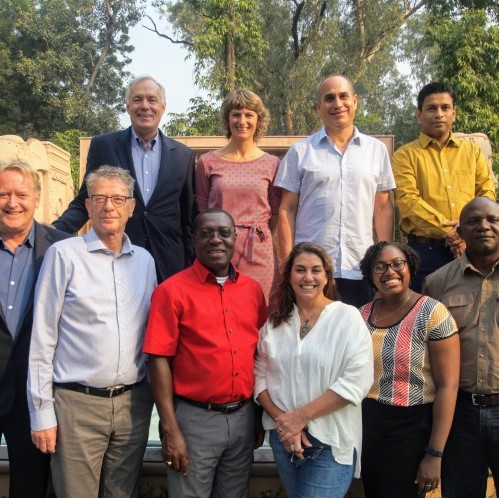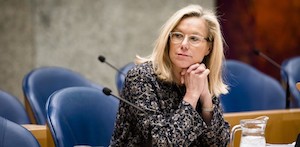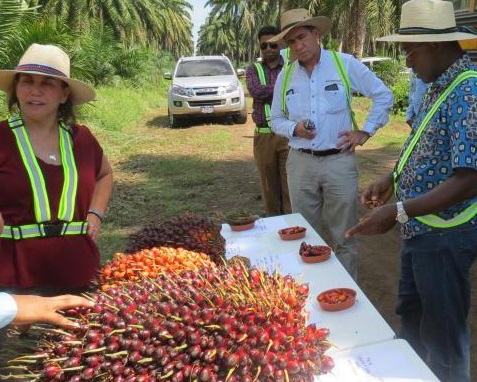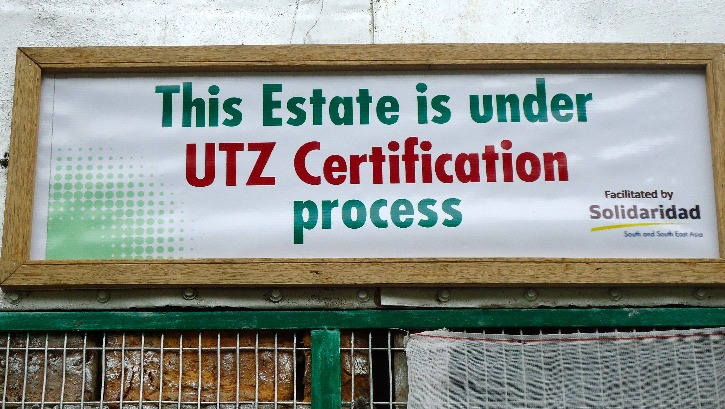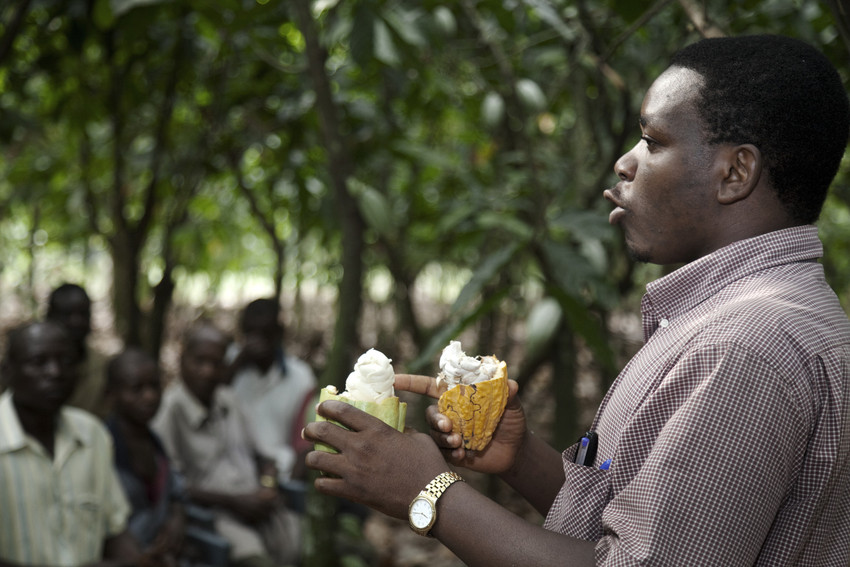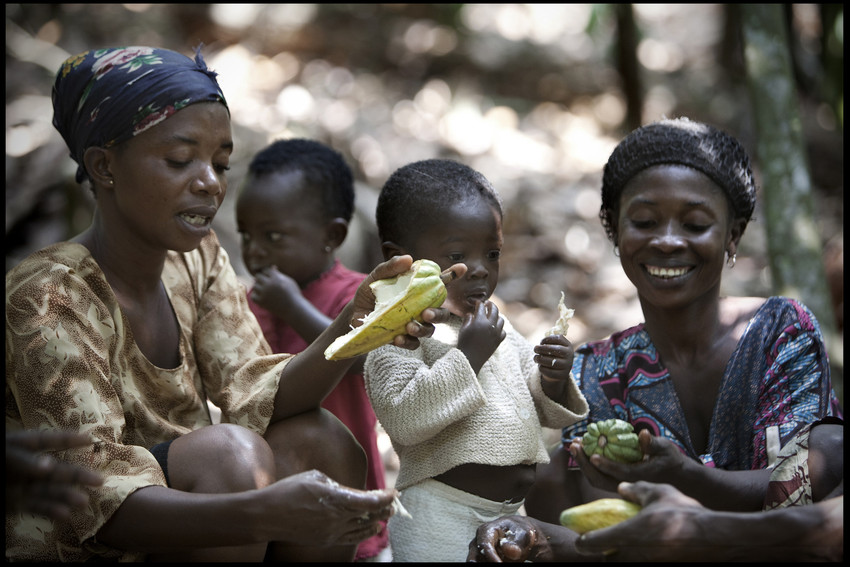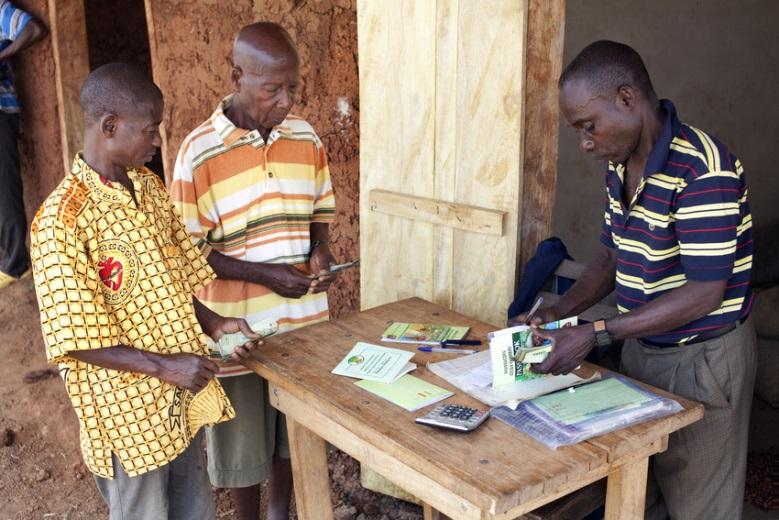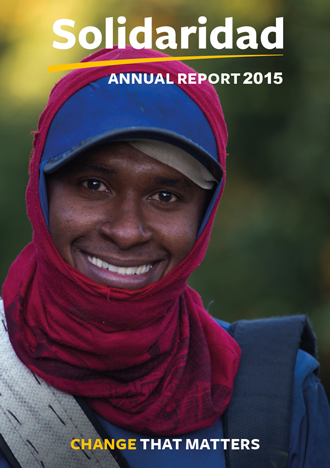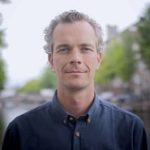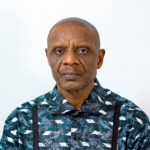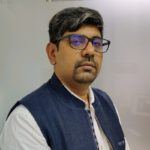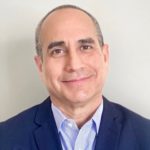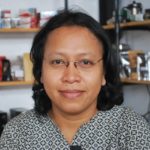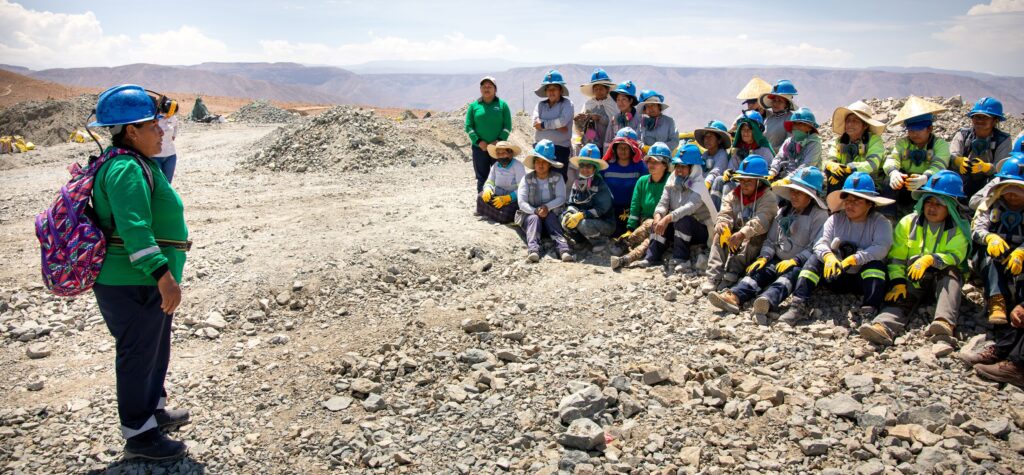
WHERE WE WORK
The RECLAIM Sustainability! programme (2021-2025) with Fairfood, TrustAfrica and Business Watch Indonesia is implemented in the following countries: Ghana, Sierra Leone, Ivory Coast, Zambia, Malawi, Mozambique, Kenya, Uganda, Ethiopia, Egypt, China, India, Bangladesh, Indonesia, Honduras, Peru, and the Netherlands (in the larger European context). The programme is active in the commodities: cocoa, coffee, tea, palm oil, cotton & textiles, and gold; with a special focus on the local food systems in Africa.
By 2025, we strive to achieve:
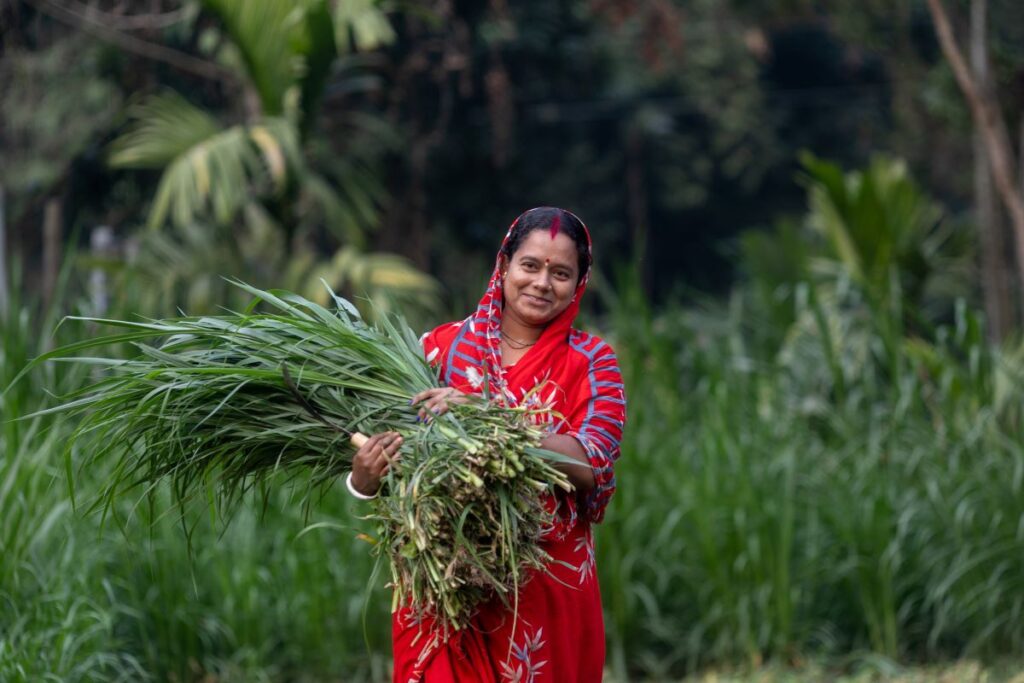
Progress Report 2023
Together we strive to strengthen civil society and foster inclusive sustainability in global value chains, elevating the voices of farmers, miners, workers and citizens, and ensuring that these voices are included and well represented in decision-making and sustainability processes and policies.
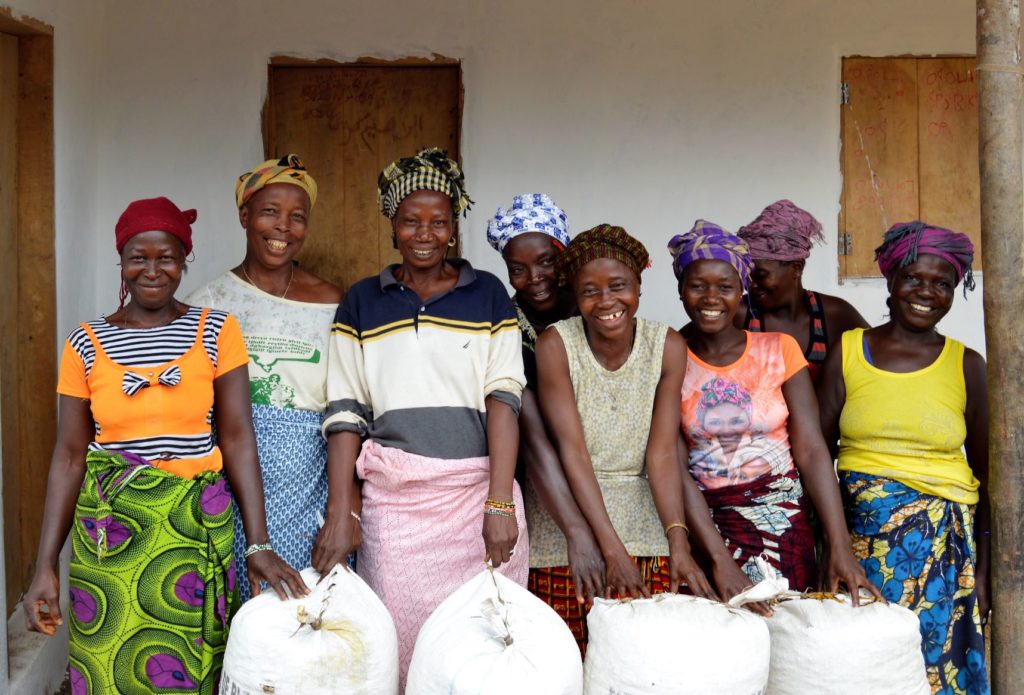
Challenges
Voices of farmers, miners and workers are not heard
There can be no genuine sustainability when the people who produce the products consumed by us all continue living in poverty; when natural resources are not managed sustainably; civic space in many countries is limited, and the working conditions of millions of producers are abject. Farmers, miners and workers are key players in tackling major challenges such as poverty and climate change, yet their voices are often unheard. The global Covid-19 pandemic has further exacerbated the situation of millions of people worldwide, and in particular those who were in a vulnerable position to begin with.
Solutions
Systemic change towards genuine sustainability
Systemic change is required to reclaim the essence of sustainability and to eradicate poverty in all its forms. This means a radical re-balancing of power and genuine transformation that benefits the farmers, workers and miners at the beginning of the value chains, rather than superficial policies labeled as ‘sustainability.’
Reclaiming sustainability requires commitment by a supportive public sector, a responsible private sector, and a vibrant and strong civil society. This is needed to promote transnational solidarity and contribute to an inclusive and sustainable economy, with prosperity and inclusion for all, as well as healthier ecosystems. As the Covid-19 pandemic continues to have a negative impact on millions of people worldwide, the need for systemic change and to ‘Build Back Better’ is more urgent now than ever.
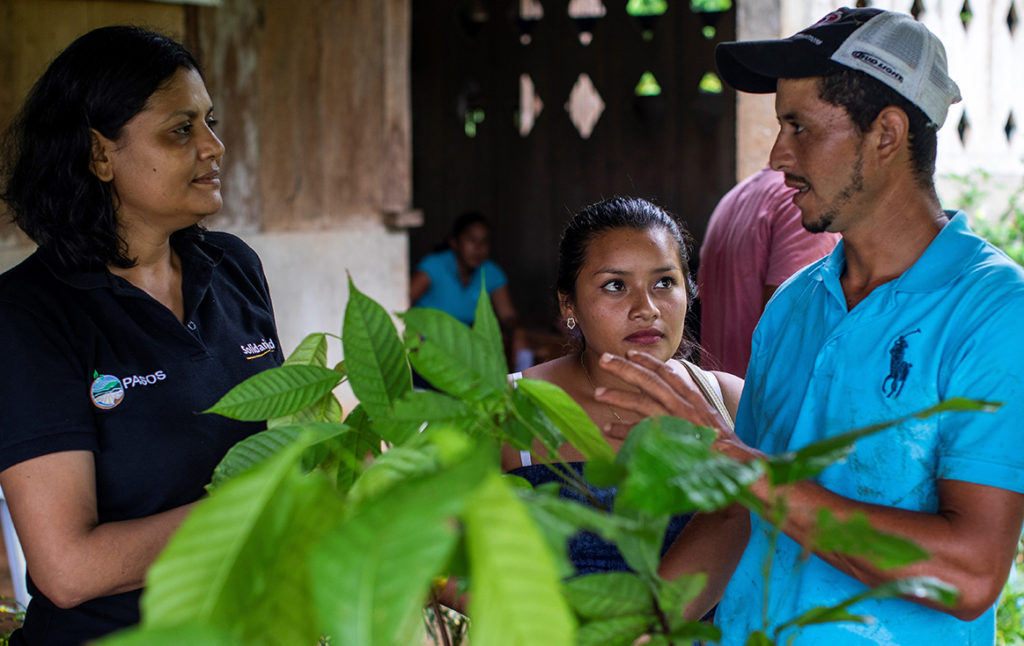
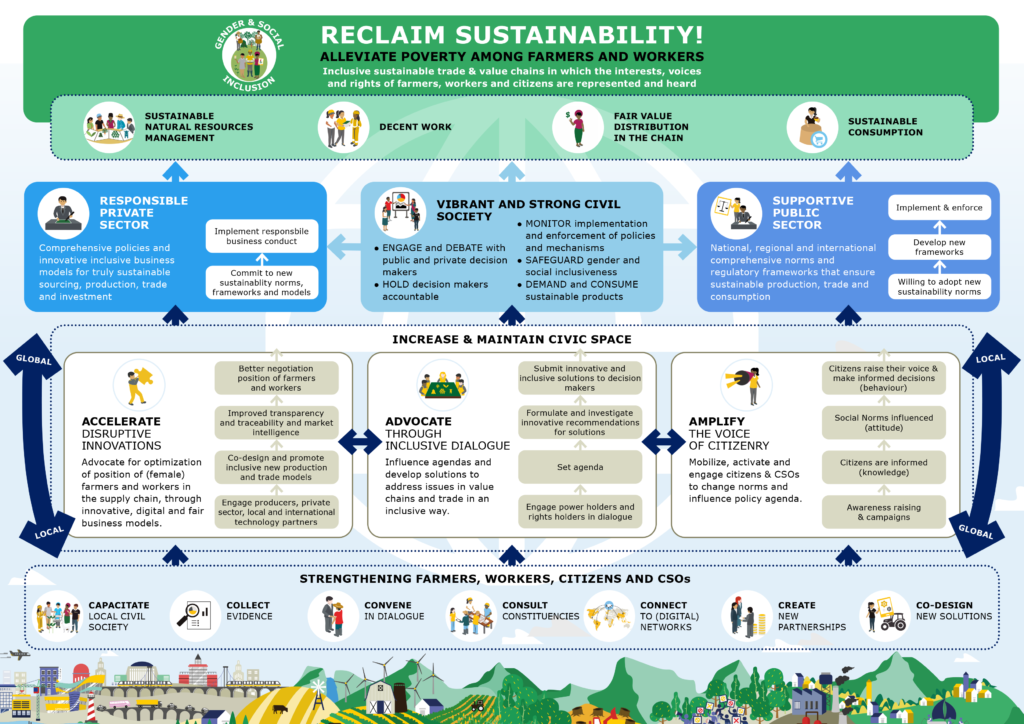
Ours is a truly global consortium of partners. Find out what we can achieve together.
